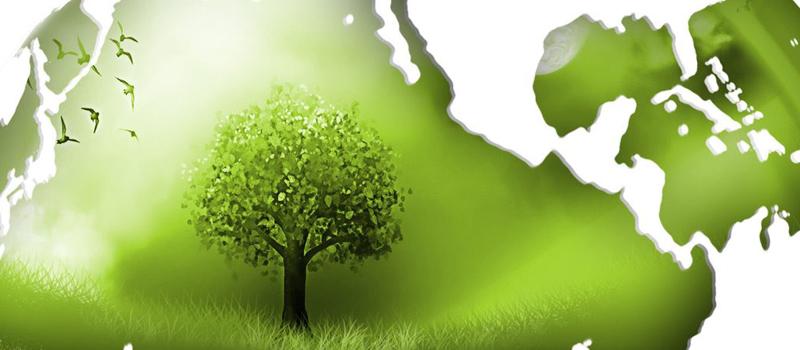How Does Climate Change Increase Mosquito Populations and Mosquito Disease Risk in Louisville?
Posted by Mosquito Squad
April 22, 2019
When there is a flood, a major damaging storm, or a particularly wet or warm season, you may hear more chatter about climate change. And depending on where you live, you may or may not feel the effects, or so you think. Have you stepped in your backyard in the past few years and thought there seemed to be a lot more mosquitoes than in the past? If so, you are absolutely experiencing the effects of climate change in Louisville.
The most immediate and recent effects of climate change in Louisville are warmer temperatures, higher precipitation levels, more severe allergies, and increased water treatment costs. Two out of four contribute to a rapidly rising mosquito population.
Why Mosquito Populations Grow in Warmer Weather
Mosquitoes lay eggs in standing water. The warmer the temperatures, the faster the mosquitoes grow through the life-cycle from an egg to an adult. This shorter reproduction cycle increases mosquito populations infinitely at a much faster rate. Dump a lot of rain in an area, and turn up the temperature for a perfect mosquito growing habitat.
The increased temperatures and wet conditions also allow for disease-carrying mosquito types not previously seen in Louisville to thrive. It doesn’t take much for an Aedes Aegytpi mosquito to end up in Louisville from a southern location. Once here, if the conditions are right, it only takes a couple of mosquitoes of the same type to grow the population exponentially which will multiply year-after-year. Aedes Aegypti mosquitoes are known for carrying yellow fever, Zika, and other dangerous mosquito-borne diseases.
How Bad is Louisville’s Climate Change?
A study by the Georgia Institute of Technology in 2012 found Louisville to be the “fastest warming urban heat island in the United States.” Turns out being in the fertile Ohio valley can be a curse during climate change as the valley traps heat and pollutants. In fact, Louisville is warming at “more than double” the rate “of the planet as a whole.”
Jefferson County was designated as hardiness zone 6a in 1990, but today is split between 6b and 7a. These zones are assigned based on the annual minimum winter temperatures and change in 10-degree increments. In some areas of Jefferson County, we’ve moved TWO levels in less than 30 years! That is 20 degrees!
Louisville experienced the wettest year on record in 2018.
While the city works on ways to counteract Louisville’s specific change in climate, such as planting more trees, it is up to us as citizens to make safeguards against the negative effects. While your contributions to lowering energy use and your carbon footprint help with the long game of minimizing climate change at home you need to protect your family and pets from increased mosquito and tick populations. Lucky for you, Mosquito Squad of Louisville’s #1 service, mosquito barrier treatment, eliminates up to 90% of mosquitoes and adult ticks on your property. The treatment lasts for three weeks, and we will automatically come back and reapply to keep you protected all season long.
